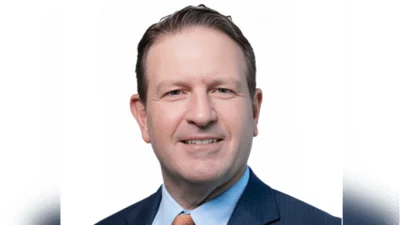University of the Sciences in Philadelphia issued the following announcement on Oct. 18.
Many USciences graduates remark that they feel better prepared and uniquely positioned to succeed in their careers from the beginning. This can be traced back to the exceptional quality of a USciences education and the way that its curriculum and programs continually innovate and evolve.
In recent years the growth of technology and the focus on interdisciplinary education have prepared graduates to be leaders in their fields.
“We always evaluate our courses to determine that we are meeting certain learning outcomes,” said Jill Baren, MD, USciences Provost. “We prepare leaders and innovators, so we are always looking at how best to develop, not just leaders in their practice, but for students to become change agents.”
In recent years, the growth of technology, particularly in clinical practice, has blossomed -- from diagnosis and decision support. Practitioners have more information at their fingertips to aid them in patient care than ever before. Artificial intelligence helps predict treatment based ondata, for example, by utilizing algorithms to evaluate patient care records. Students gain experience with this technology before they graduate.
While working as an interdisciplinary team has been integrated into the curriculum for many years, COVID-19 has driven increased attention to the importance of team-based care.
“This is the construct that surrounds the patient,” said Dr. Baren. “It is about sharing and communicating and this is crucial with all of our health professions education.”
With the majority of clinical faculty still active in practice regularly, their lessons in the classroom are reflective of the real-world practice in their field, said Dr. Baren.
“We are not just teaching theory,” she said. “We are teaching actual practice. They are able to weave in what is relevant to the practice.”
Many programs have competency-centered approaches that require students to show their proficiency in each area before moving forward. They learn in active classrooms where they are hands on in either lab work or experiential clinical sites.
“There is definitely an increased focus on active learning vs. passive learning and team-based learning vs. stand-alone lectures to help students develop their critical thinking and problem-solving skills,” said Jean Francois Jasmin, PhD, Associate Provost for Research and Graduate Education. “Students gain experience in real life situations and this prepares them well for their careers.”
In the lab, USciences’ state-of-the-art facilities and cutting edge research projects allow students at all stages of their education to get involved with faculty research projects. This has also expanded recently into the areas of computational sciences, big data, artificial intelligence and personalized precision medicine.
Original source can be found here.




 Alerts Sign-up
Alerts Sign-up